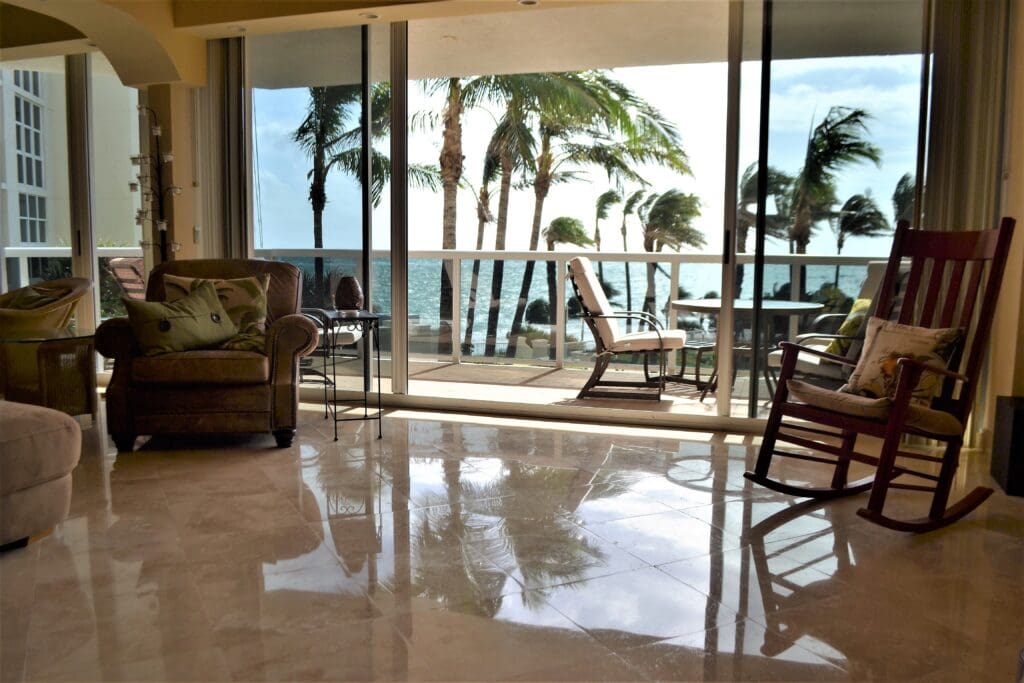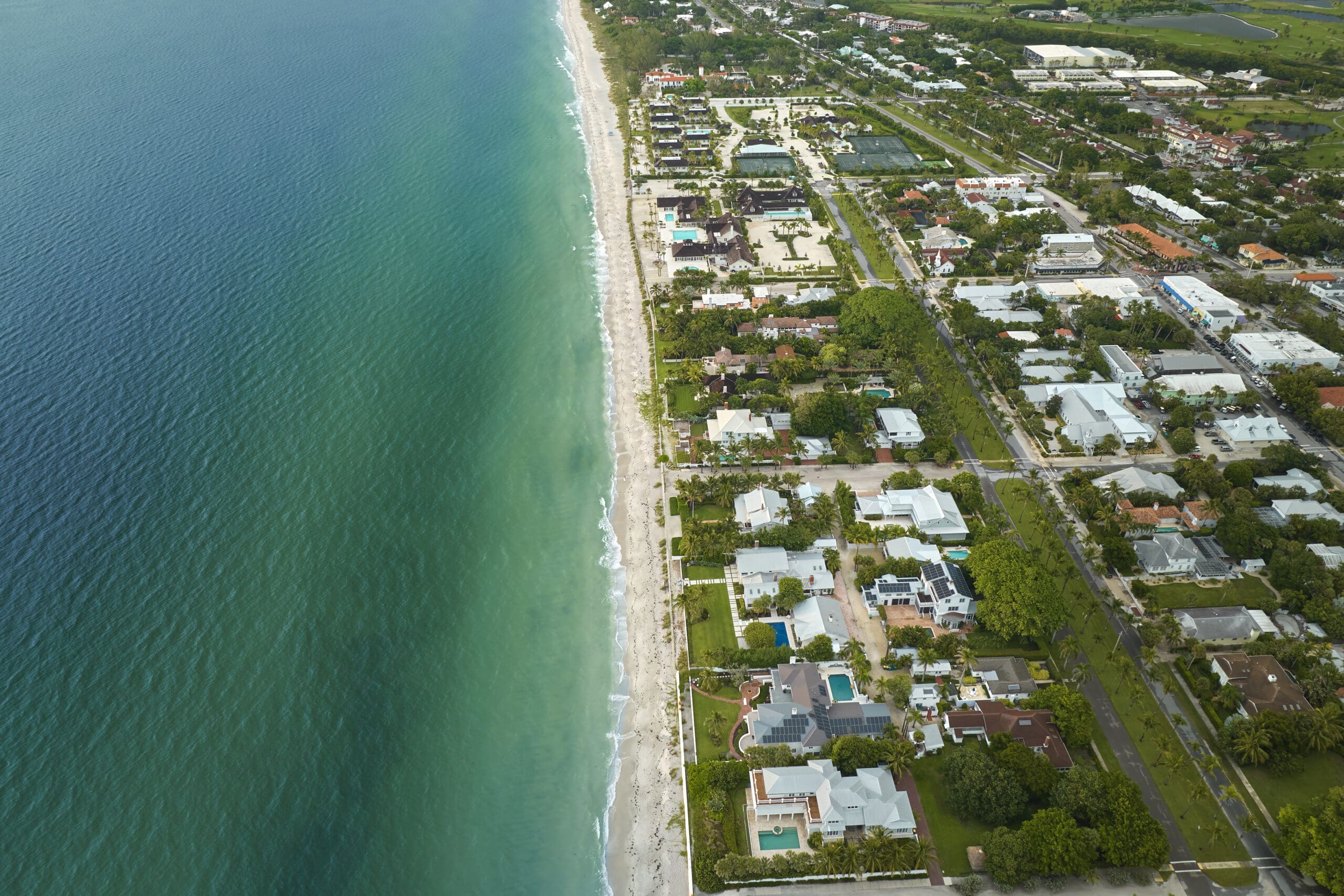Are you thinking about purchasing a vacation home? Owning a second property in your favorite getaway destination can be a dream come true, but it also comes with important considerations. To make an informed decision, follow this guide on buying a vacation home.
1. Location, Location, Location

When it comes to real estate, location is everything. Before you invest, thoroughly research the area. Consider factors like proximity to attractions, safety, and accessibility. Think about whether you want a beachfront property, a cozy cabin in the mountains, or a bustling city condo.
2. Budget Wisely
Determine a budget that not only covers the purchase price but also includes ongoing expenses like property taxes, maintenance, and insurance. Explore different financing options, such as a mortgage or using your savings. Consult with a financial advisor to ensure your budget aligns with your long-term financial goals.
3. Rental Potential
Will you be renting out your vacation home when you’re not using it? If so, research the rental market in the area. Consider platforms like Airbnb and VRBO to gauge demand and potential rental income. Remember that rental income can help offset some of your expenses.
4. Property Management

Think about who will take care of the property when you’re not there. Will you hire a property management company or handle it yourself? This decision can impact the overall experience of owning a vacation home.
5. Tax Implications
Owning a second property can have tax implications. Consult with a tax expert to understand the tax laws and benefits associated with vacation home ownership in your region.
6. Future Planning
Consider how your vacation home fits into your long-term plans. Are you buying it as a retirement property, an investment, or a combination of both? Your goals will influence your choice of location and the type of property you purchase.
7. Local Regulations
Familiarize yourself with local zoning and regulations that may affect your property. These rules can vary greatly depending on the area, so it’s essential to understand them before making a purchase.
8. Home Inspection

Always invest in a thorough home inspection before finalizing the deal. This can uncover any hidden issues that could be costly to repair in the future.
9. Build a Support Network
Connect with local real estate agents, property managers, and homeowners in the area. They can provide invaluable insights and support throughout the buying process.
In conclusion, buying a vacation home can be a fantastic investment, but it requires careful planning and consideration. By researching your options, budgeting wisely, and understanding the local market, you can make a decision that enhances your lifestyle and financial portfolio.
#RealEstateTips #PropertyInvestment #VacationHomeInvestment #RealEstateTips #PropertyInvestment #SecondHome

Richard has extensive experience in all aspects of buying and selling residential property. He has sold more than 400 homes and well over $100 million in residential real estate. There’s no need to guess. Get expert advice that will allow you to buy and sell with confidence and ease.
For neighborhood guides about Decatur and other intown neighborhoods, click here.
To learn more about the value of your home, please complete the form here.
If you are looking to purchase a home, please reach out here. We would love to help you have a wonderful buying experience.
You can always reach us through the Contact Us page here as well.
